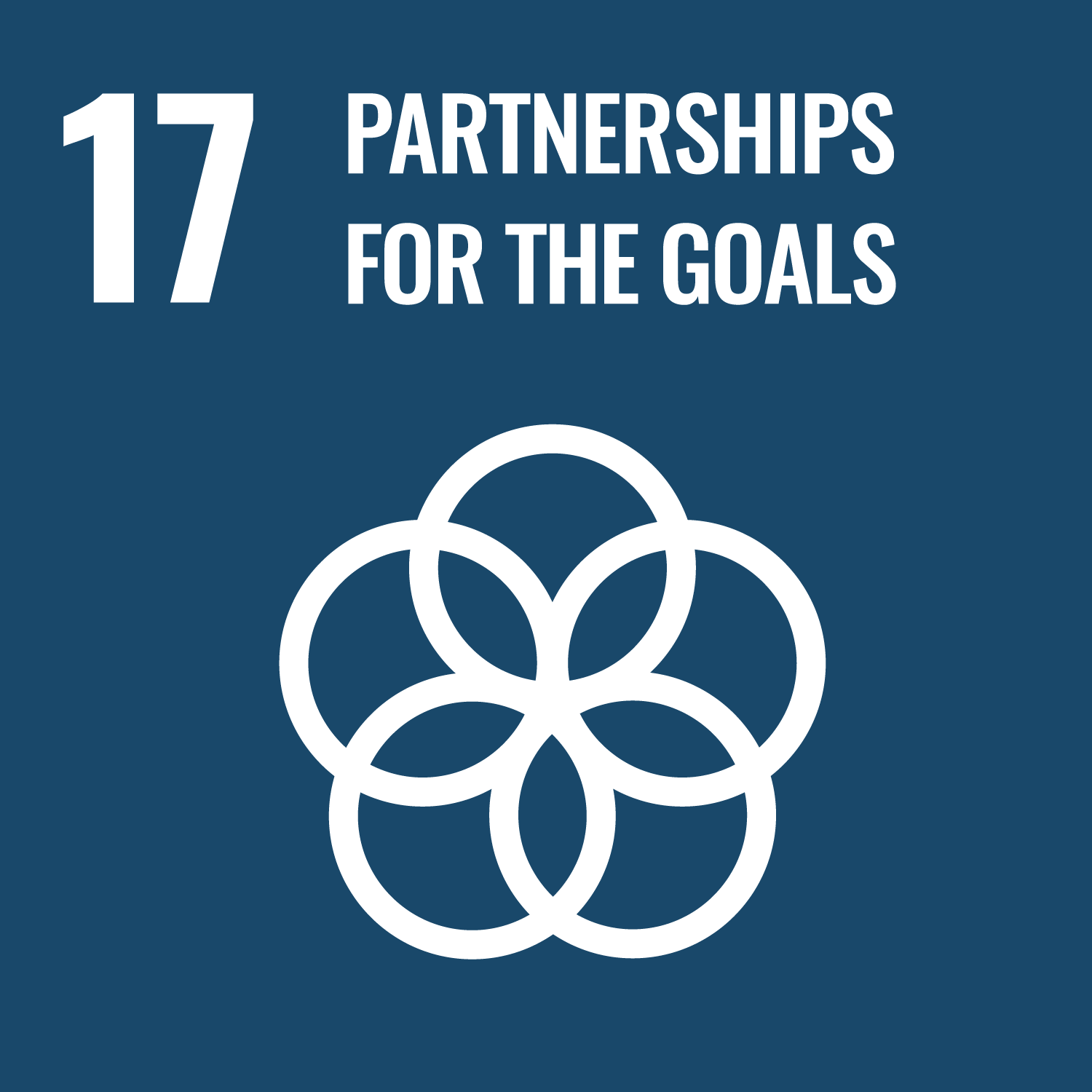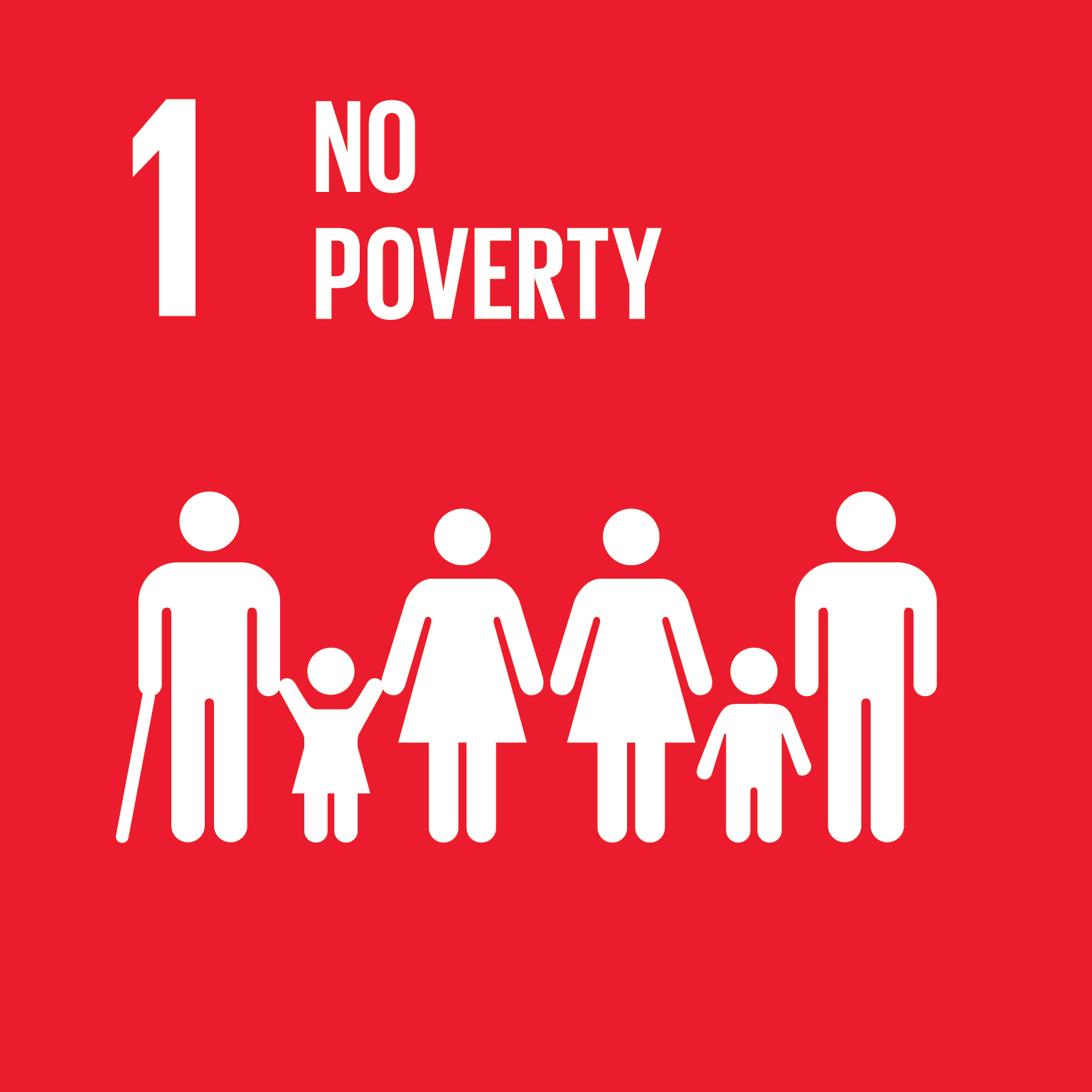Agricultural Research and Innovation Fellowship for Africa
Promoting capacity-building through the exchange of knowledge among international professionals in the area of agriculture
Challenges
Innovations in developing countries often face countless barriers to reach local communities, and even self-taught practices become trapped and restricted to a small share of rural workers since there is no network to connect knowledge and foster economic development among Southern countries. This issue is even deeper in higher education, since many universities lack the proper resources to engage in exchange and fellowship opportunities worldwide; however, the access to scientific knowledge, quality education and technical training enables people to overcome simple production challenges.
Towards a Solution
The activities of FARA[1] involve bringing together individuals with experience in modern agriculture, from high-level actors to technical workers, scientists and academics, to discuss ideas and develop solutions for African farmers. The aim is to promote capacity-building for African agripreneurs to improve productivity, giving them access to the knowledge base and good practices of reference countries (Brazil, China, Cuba, India, Italy and the Netherlands, for instance). FARA aims to produce a new generation of fit-for-purpose members of the workforce to re-engineer the African agri-food sector in order to provide the change factor for rapid agricultural transformation in the next 10 years, using the approach of integrated agricultural research for development.
With regard to the methodology, the project comes under the Holistic Empowerment for Livelihoods Programme (HELP). It offers both advanced short courses with a duration of 10 weeks and Master of Science (MSc.) programmes with a duration of 2 years, all of them focusing on the improvement of education standards and technical productivity. The first courses concentrate on two themes: sustainable development of coastal communities, and innovation and youth entrepreneurship in the Mediterranean agri-food sector. The second courses focus on three areas: land and water resource management: irrigated agriculture; precision-integrated pest management for fruit and vector vegetables; and Mediterranean organic agriculture. Finally, the Agricultural Research and Innovation Fellowship for Africa (ARIFA) aims to facilitate intra-African exchange of knowledge and, with a steady input of cohorts, create learning routes between African institutions, universities, technical colleges and rural communities.
ARIFA in particular is the FARA flagship project on capacity development, seeking to produce a new generation of fit-for-purpose members of the African workforce to reinvent and re-engineer the continent’s agricultural, food and livestock sector, focusing on a transformation in the next 10 years or so. Currently in implementation, the first cohort, in 2020, will involve the sending of 180 ARIFA Fellows to the Federal University of Viçosa for short courses on Brazilian agri-business and M.Sc. programmes in agriculture and food, with candidates being allowed to engage in multidisciplinary classes focusing on sustainable development and agricultural technologies.
The FARA capacity-building initiative, ARIFA, works on a South-South basis because it enables emerging economies such as those of Brazil, China and India to exchange know-how with less developed countries, with assistance, support and active engagement of national governments. The programme is a development component of Agenda 2063 of the African union, the “Africa We Want” commitment, and the international agendas of the countries involved, being part of a long-standing goal of both developed and developing countries in contributing to the education, health and science of poor countries. FARA is also sustainable in itself because it teaches young students and rural producers about the leading, most innovative solutions in agriculture and livestock production, aligned with the principles of green economy
Contact Information
Mr. Yemi Akinbamijo, Executive Director, Forum for Agricultural Research in Africa (FARA)
Countries involved
Brazil, China, Cuba, India, Italy, Kenya, Netherlands
Supported By
Tertiary Education Trust Fund (TETFund) of Nigeria
Implementing Entities
FARA, Federal University of Viçosa, Chinese Academy of Agricultural Sciences, Punjab Agricultural University, Wageningen University & Research, and International Centre for Advanced Mediterranean Agronomic Studies of Bari
Project Status
Ongoing
Project Period
2019
Primary SDG
02 - Zero Hunger
Secondary SDGs
04 - Quality Education, 08 - Decent Work and Economic Growth, 17 - Partnerships for the Goals
Similar Solutions












